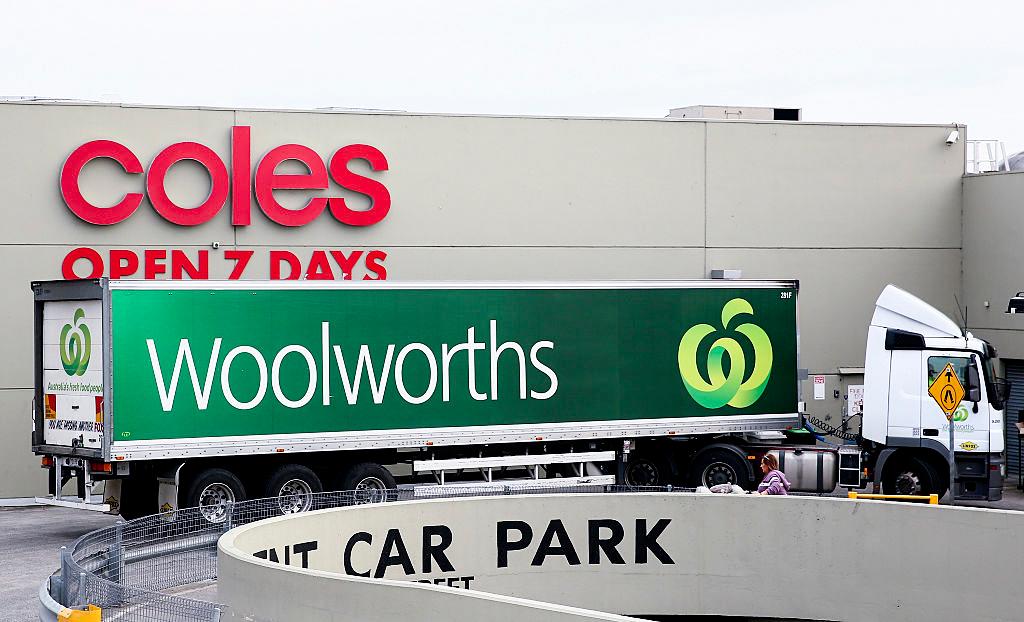Assistant Competition Minister Andrew Leigh has ruled out the government breaking up Woolworths and Coles as a way to increase competition in the supermarket sector.
Instead, Mr. Leigh said the government was “really focusing on things that are going to make a direct difference,” such as directing the Australian Competition and Consumer Commission (ACCC) to review prices and competition in the sector, and appointing former Labor minister Craig Emerson to review the effectiveness of the grocery code of conduct, which governs how the supermarket giants treat their suppliers.





